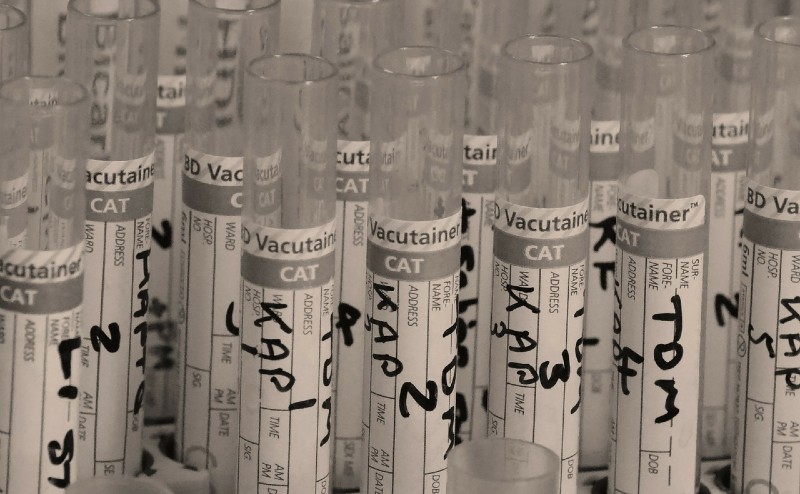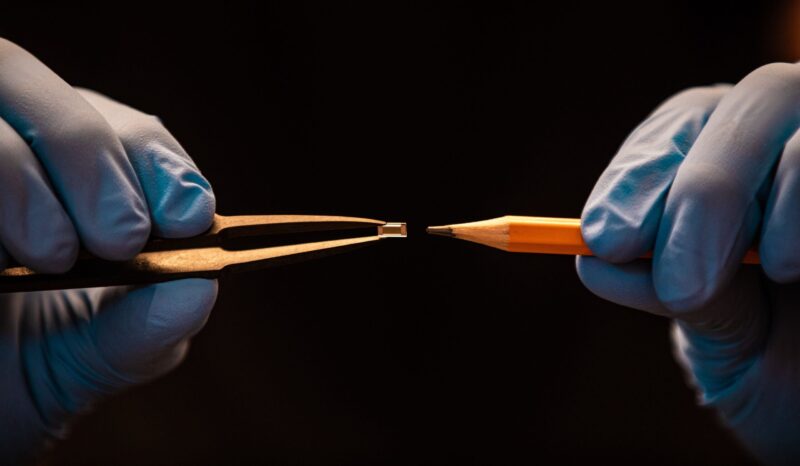A lot of people are consuming CBD products these days. Considering the wellness benefits, that is a likely a good thing.
According to a growing body of research, CBD can help treat various ailments and conditions to varying degrees.
The boost in CBD research showing positive results and the increased level of availability of CBD products have combined to create a situation in which CBD consumption has grown exponentially in recent years.
One question that many people are asking is whether or not CBD converts to THC after it’s metabolized? A team of international researchers set out to find the answer.
Clinical Trial Results Shed New Light On Metabolized CBD
A team of researchers in Brazil administered 300mg of orally ingested CBD to 120 clinical trial participants and monitored the participants’ plasma levels.
The purpose of the clinical trial was to assess whether the CBD was converted to THC after it was metabolized by the clinical trial participants’ bodies.
Some CBD companies have claimed that their products are ‘THC free’ and that any testing that shows THC in consumers’ bodily fluid samples are due to the way the human body metabolizes CBD.
According to the researchers in Brazil, “The results showed that THC was not detected in plasma after the administration of CBD, and those study participants did not present psychotomimetic effects.”
Furthermore, the researchers concluded that:
“The findings presented here are consonant with previous evidence suggesting that the oral administration of CBD in a corn oil formulation is a safe route for the administration of the active substance without bioconversion to THC in humans under different conditions (fasting and normal feeding). The results also add to the knowledge built over 40 years of research that CBD-based therapies are safe and well tolerated in humans.”
Why are These Results Significant?
With so many people consuming CBD-infused products, how the human body metabolizes CBD is really important.
Drug testing is very common in society for various purposes, from employment screening to criminal justice related matters.
CBD does not have the psychoactive properties that THC does, so impairment is not an issue with its consumption.
However, many businesses and government entities still consider CBD to be problematic and indicative of bad behavior.
Most testing does not look for CBD, only THC, so it is vital to differentiate between the two cannabinoids when it comes to testing.
Consumers and patients who are subjected to drug testing should feel relatively confident that truly ‘THC free’ CBD products should not show up as THC in their tests.






